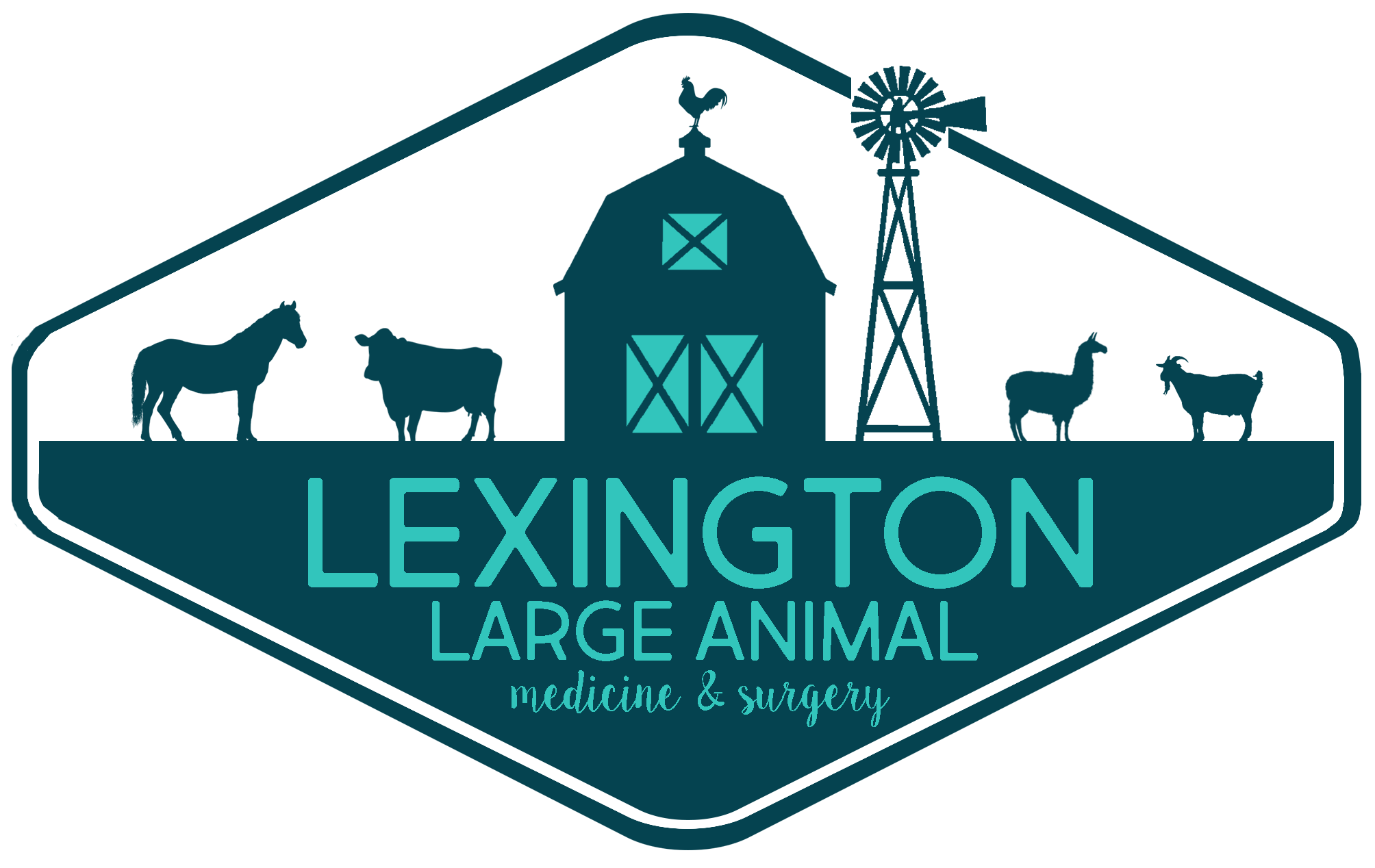Library
-
Glucosamine/chondroitin combination is a nutrient supplement that is given by mouth and is used to treat osteoarthritis and feline lower urinary tract disease. Give as directed by your veterinarian. Side effects are uncommon but may include gastrointestinal upset. Do no use in pets that are allergic to it. If a negative reaction occurs, please call your veterinary office.
-
Griseofulvin is given by mouth and is used on and off label to treat skin, hair, and nail fungal infections. Give as directed by your veterinarian. Common side effects include lack of appetite, vomiting, and diarrhea. Do not use in pets that are allergic to it, pregnant pets, breeding males, pets that have severe liver disease, or in cats with FIV or FeLV. If a negative reaction occurs, please call your veterinary office.
-
Guinea pigs can be hardy and easy to care for when provided an appropriate environment for their unique needs. Like all animals, guinea pigs are susceptible to certain problems and diseases. This handout outlines the diagnosis, treatment, and prognosis for some of the more common health problems of guinea pigs.
-
Pet rabbits have several unique problems and disease concerns. Dental disease is very common in pet rabbits, as are gastrointestinal problems. Rabbits have unique gastrointestinal tracts and need a high-fiber, low-carbohydrate diet to help keep the normal GI bacteria fermenting their food. Rabbits need a soft bedding area to prevent sore hocks from forming. Rabbits that eat high-calcium, alfalfa-based diets or high-calcium vegetables are prone to developing bladder stones that must be removed surgically. Bunnies housed at temperatures over 80°F are prone to heat stroke.
-
Rodents commonly develop certain health problems, including rabies (unlikely in pet rodents housed inside), hair barbering, foot necrosis, vitamin C deficiency, heat stroke, antibiotic toxicity, chromodacryorrhea, diarrhea, bone fractures, bacterial skin infections (dermatitis), and seizures.
-
Chickens are fun, playful, friendly small pets, and they can be very enjoyable both in an outdoor or indoor environment. Like all small pets, chickens require the proper diet, protection from predators, and room to move around. This handout discusses general housing, nutrition, and health care for chickens.
-
A heart murmur is an abnormal sound that originates from the heart valves and can be heard with a stethoscope skillfully placed over the heart valves.
-
Common conditions of pet hedgehogs include internal and external parasites, ringworm, cancer, pneumonia, gastrointestinal disease, and obesity. Signs of illness or disease are often vague and non-specific, such as lack of appetite and lethargy. Therefore, any deviation from your hedgehog’s normal habits should be cause for concern and should be evaluated by your veterinarian.
-
A pet hedgehog’s diet should mainly consist of high-quality hedgehog food mixed with high-quality, low-fat cat food. The diet may be supplemented with certain insects, fruits, and vegetables, which are listed in this handout. Foods that should be avoided are also listed. Hedgehogs have a propensity for obesity if their food intake is not monitored or controlled.
-
Hedgehogs are active animals and require lots of room to move around and exercise. They are also very good climbers, so it is important to choose an enclosure that your hedgehog cannot escape from. Other factors include temperature control, a respite from bright light, and appropriate bedding and toys that are safe for this unique pet.

